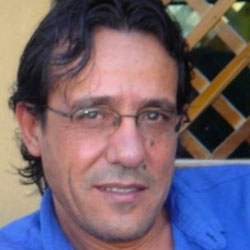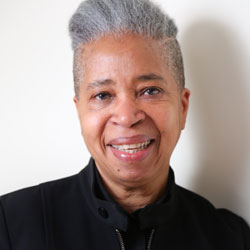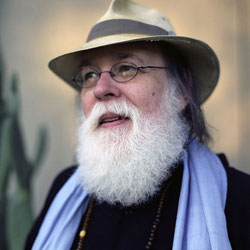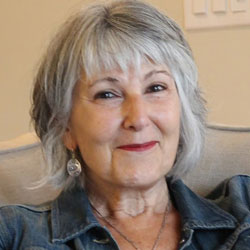When he comes down
or is seen coming down
when he reveals to us that he is coming down.
The waiting and silence
his entire lack
when he hearkens before the plants.
His caution when he comes down
like one postponed by a hush,
and by his being not “us”
and not “here”
death begins.
He bought a flower
nothing more, a flower
that has no vase and leaves no will.
From the hill, he can spot the military checkpoint, the paratroopers,
he can spot the squatters, the mountain edges, and the only road
where their feet will leave a print in the rocks, mud, and water.
Losses also will appear from the hill
abandoned without effort.
And the fragility in shadow,
the Jewish man with a long mustache
who resembles the dead Arabs here.
From the mountain edges, all the caves will appear peaceful
and the road will seem as it were.
While he was coming down
the caves continued to stare
and blink in the cold.







